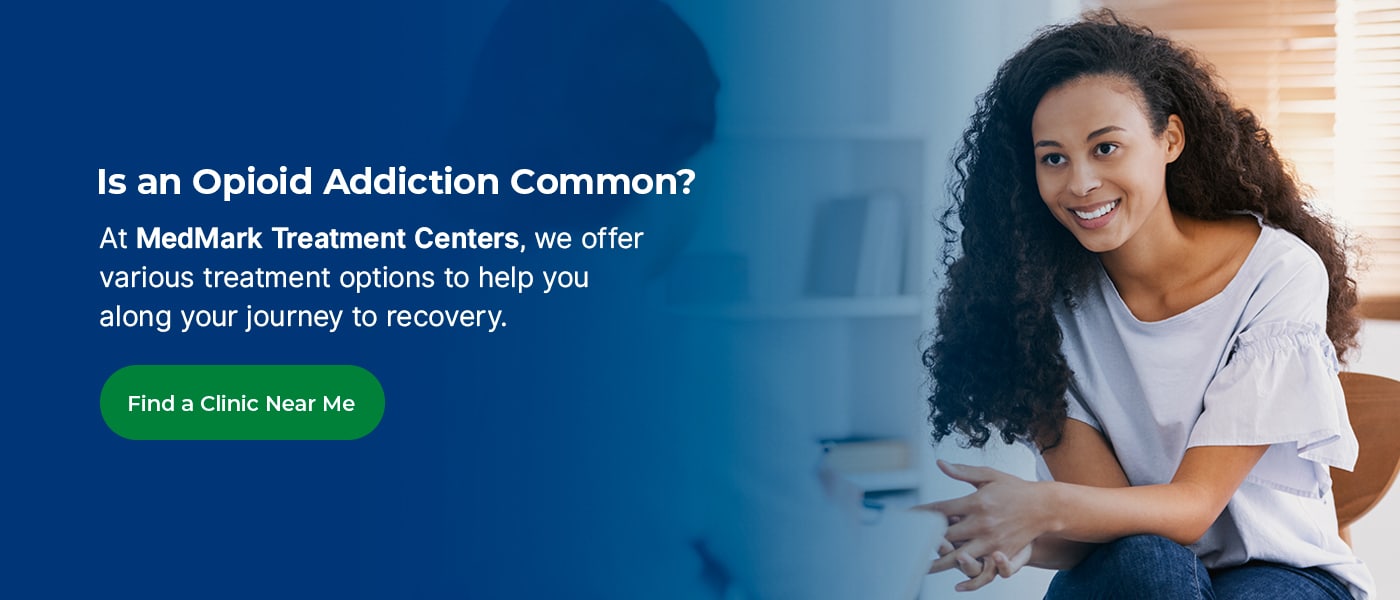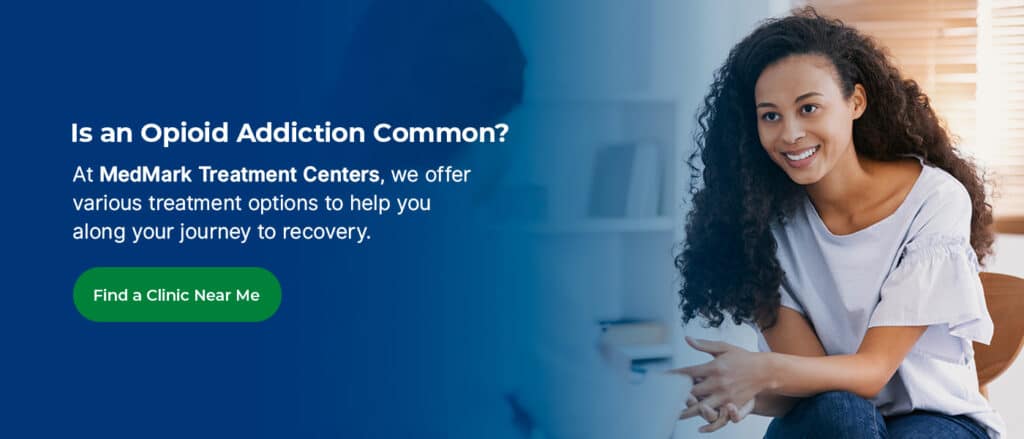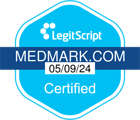Opioids are a class of drugs found in nature through opium poppy plants. They can be used in hospitals for moderate to severe pain treatment. However, since 1990, opioid misuse has remained at epidemic levels. Currently, 3 million U.S. citizens and 16 million people worldwide struggle with opioid use disorder.
Celebrities Who Have Struggled With Opioid Addiction
Among this large number of individuals dealing with opioid addiction, there may be some you recognize. Below are just a few:
Hayden Panettiere
Actress Hayden Panettiere recently spoke to Vanity Fair about her struggle with opioids. She was influenced at 15 to start taking “happy pills” before walking on the red carpet to make her peppier for her fans. Being so young, she never knew this was not an appropriate action to take, and she quickly became addicted to opioids and alcohol.
During her pregnancy with her daughter, Panettiere was able to cease her addiction. However, after Kaya’s birth in 2014, Panettiere battled postpartum depression and quickly returned to old habits. Eventually, she had to be hospitalized due to liver dysfunction, which opened her eyes to the changes she needed to make. She then entered rehab for eight months and was provided with helpful tools for her recovery.
While it isn’t always easy for her, Panettiere says she makes a choice every day to stay sober and will never take life for granted again.
Robert Downey Jr.
Before he was Iron Man, Robert Downey Jr. had a history of opioid misuse. He began experimenting with drugs after his father introduced them to him when he was 6 years old. He spent a few years jumping in and out of rehab and jail, but in 2001, he finally decided to make the change and checked himself into rehab.
After six years of treatment and sobriety, Downey Jr. gained back the trust of studio heads and was chosen for the role of Tony Stark in 2007.
Matthew Perry
The well-known “Friends” sitcom star Matthew Perry went to rehab twice for his opioid addiction. Perry’s addiction started due to increasing pressure to perform and his struggle with chronic pain. Following his full recovery, Perry became passionate about helping those with addictions and opened a sober house in 2013.

Is an Opioid Addiction Common?
Yes, opioid addictions are common — even celebrities grapple with them. If you or a loved one is struggling with opioid misuse, know you are not alone. At MedMark Treatment Centers, we offer various treatment options to help you along your journey to recovery. Contact us today for more information on a treatment center near you.




